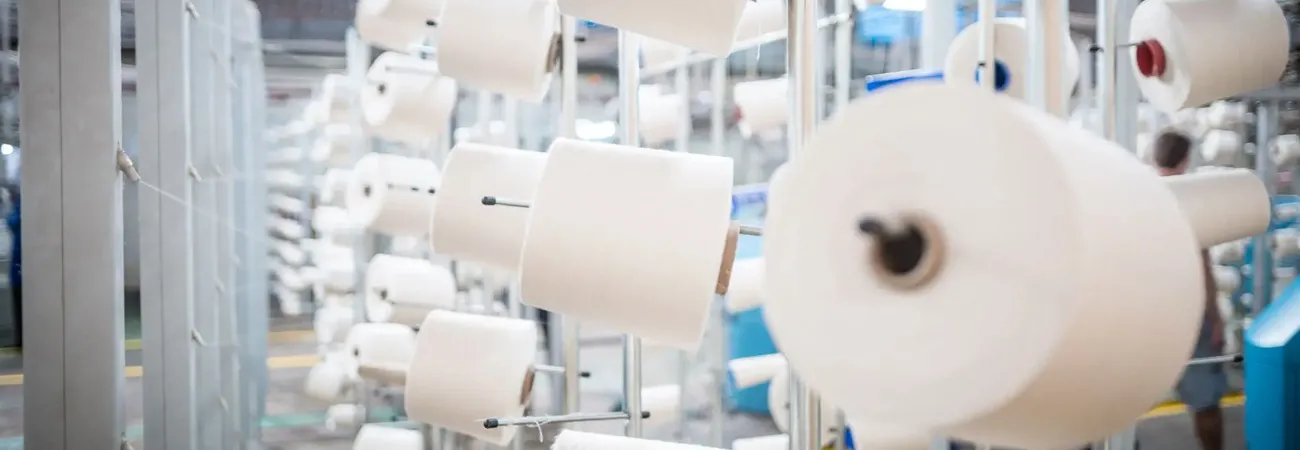i ECONOMY
The fluctuating prices of yarn – the lifeline of the textile sector – have particularly affected the operations of small spinning mills, causing them losses amid already escalating energy rates. The unit owners – small or big – are struggling to get their yarn share at affordable rates. Scores of millers and small factory owners hailing from different localities of Faisalabad and other districts, including Lahore, Sheikhupura, Ferozwala and Karachi, purchase yarn from the Faisalabad’s yarn market – also called ‘Sootar Mandi’. The millers purchase yarn on daily, weekly, fortnightly or monthly basis. The major victims of the surging prices are those who purchase yarn of different varieties daily, but in low quantities. Talking to WealthPK, Salamat Ali, former central chairman of Pakistan Hosiery Manufacturers and Exporters Association (PHMA), said the fluctuating prices of yarn had further stressed the purchasers amid already high costs of electricity, gas and other raw materials. He said as a textile exporter he had to first quote rates to his foreign buyers for their products a couple of months in advance.
“The textile sector, which is the mainstay of the national economy, should function smoothly. This sector is perhaps not under the radar of the government despite its importance,” said yarn trader Asim Ali. He said the government should evolve a comprehensive monitoring mechanism to bridle the speculative buying of yarn, its fluctuating prices and ensure its availability for smooth functioning of spinning and other segments of the textile sector. “When the textile supply chain works smoothly, it surely generates more jobs and fetches the much-needed foreign exchange,” said Salamat Ali, former central chairman of PHMA. He said the government must focus on the textile sector to boost exports. Zahid Ali, a yarn broker, told WealthPK that speculative buying and selling of yarn was on the rise and both the sides –spinners and elements involved in speculative business – earned a lot.
He said the majority of the people involved in speculative buying were youngsters, who brought hefty quantities in the yarn market, and manipulated its rates. “People involved in the speculative buying and selling are playing havoc with the market mechanism,” he said. He said scores of spinning mills had either been closed or scaled down their operations due to high prices of electricity. He added that millers were unable to meet their expenses in the absence of government subsidies. Ali said rates of cotton, polyester cotton and viscous had doubled over the last two years. Yarn trader Asim Ali said the government had launched an operation in the past against the elements involved in the fake invoices. “The same spirit is needed this time around to arrest the unbridled trend of speculative yarn business,” he said.
Credit: Independent News Pakistan (INP)









